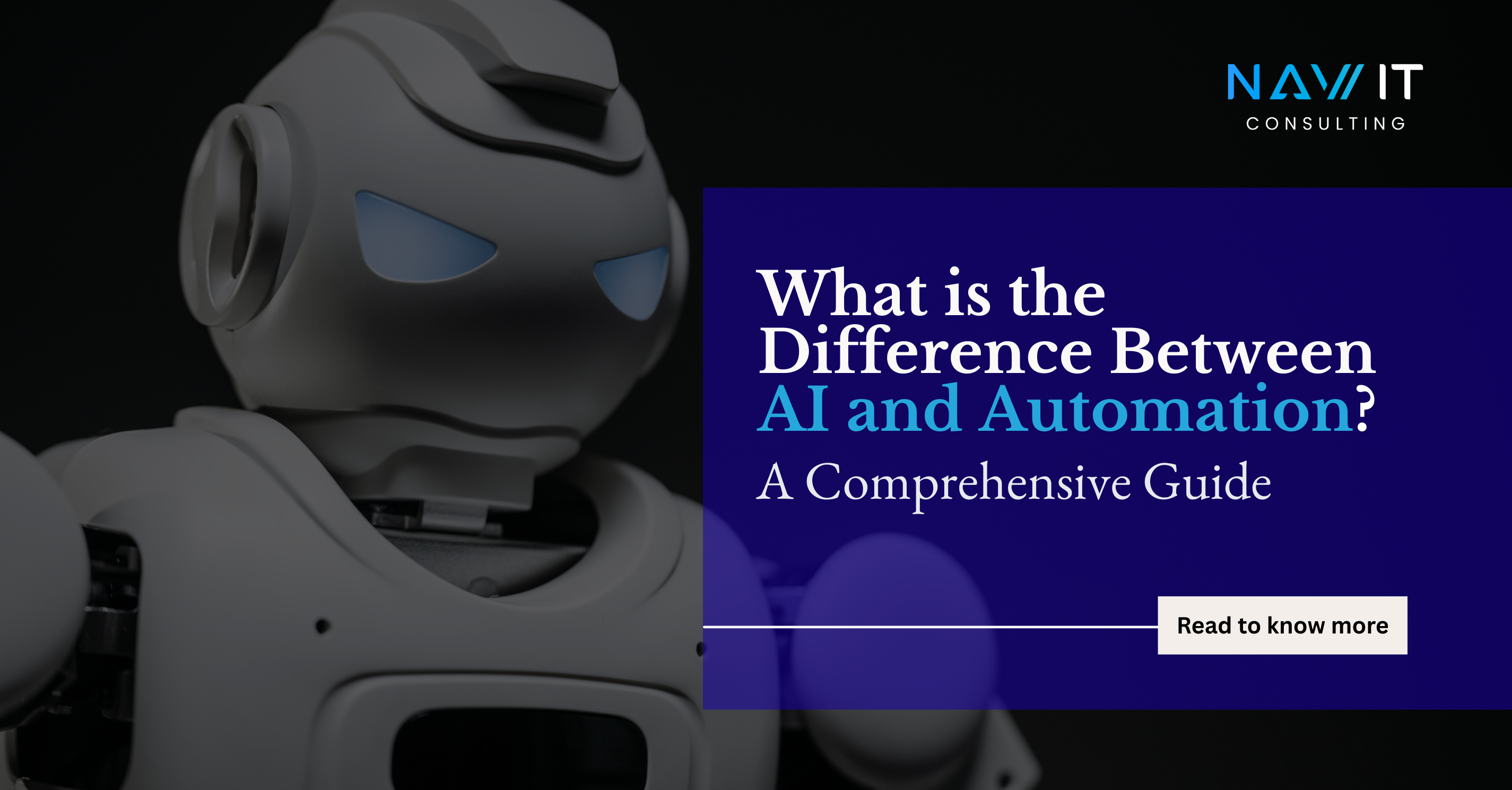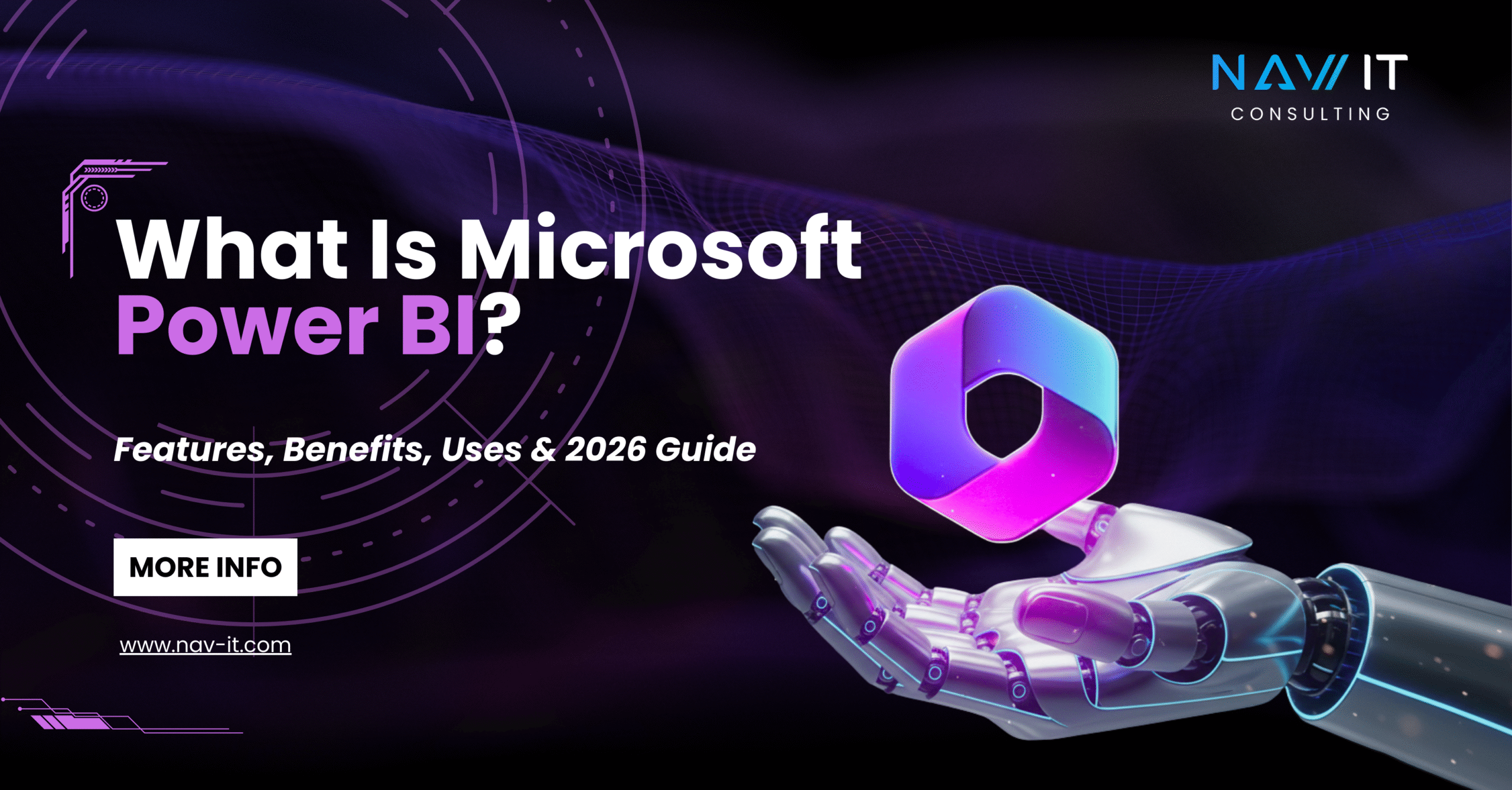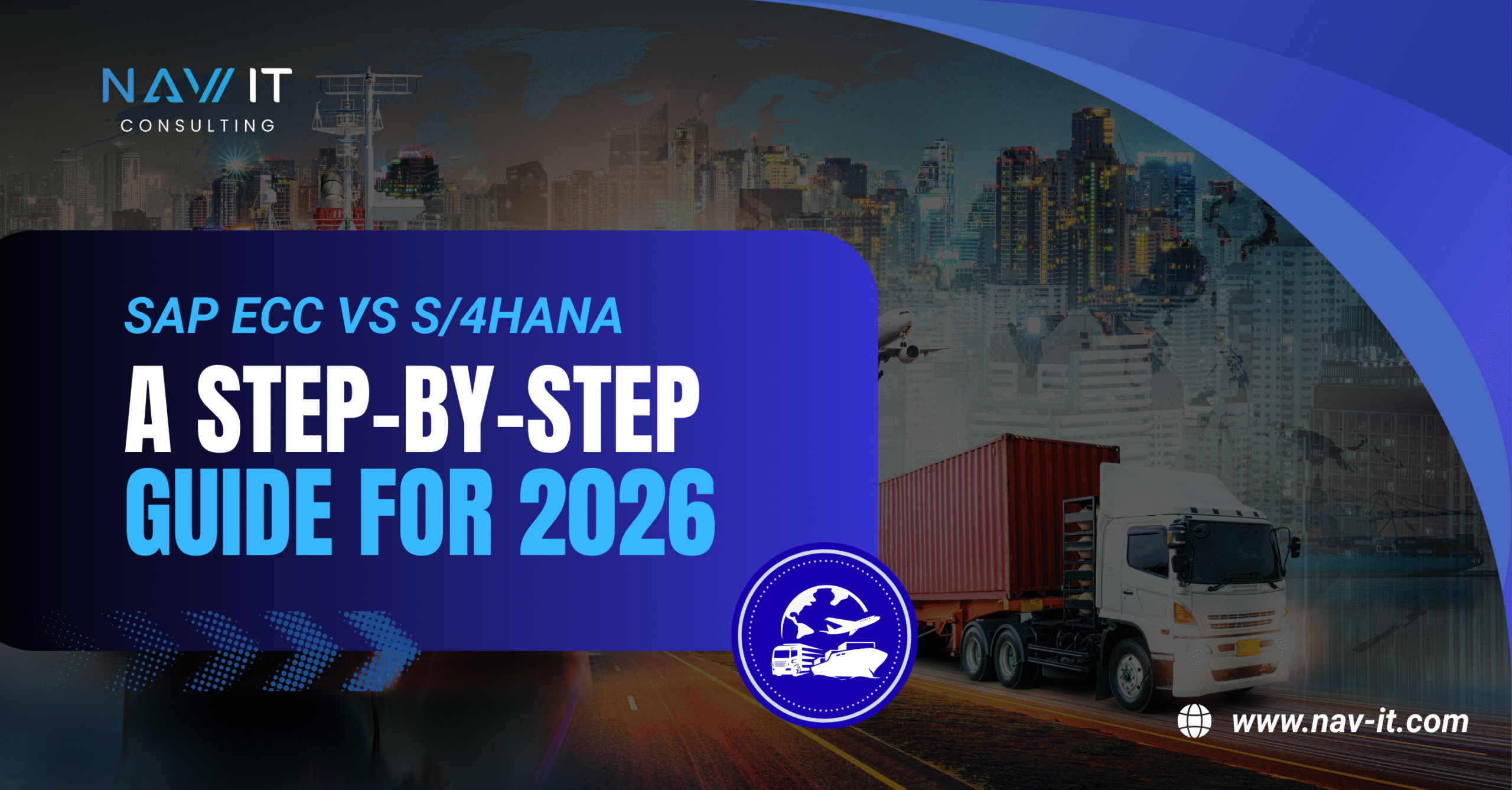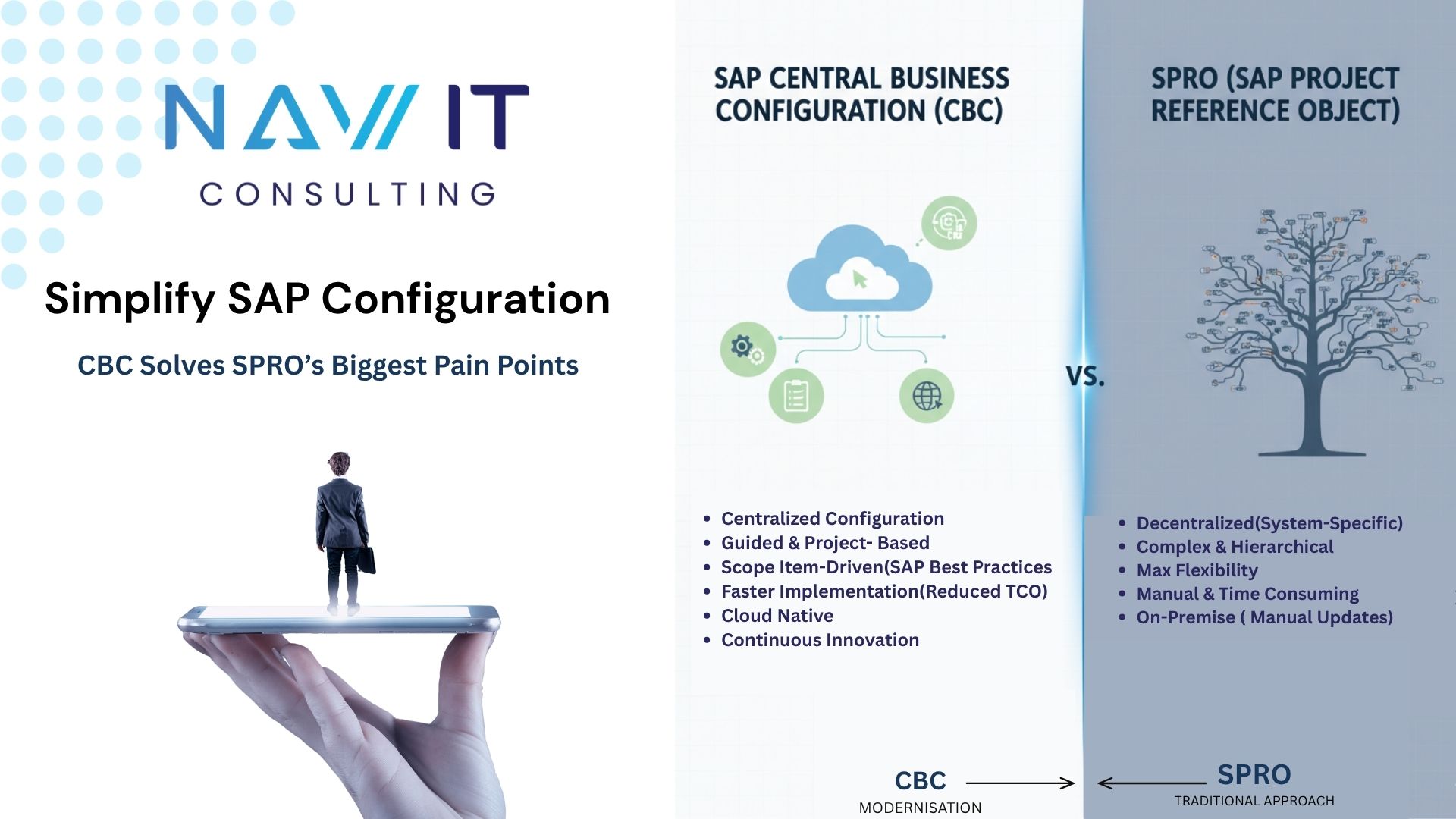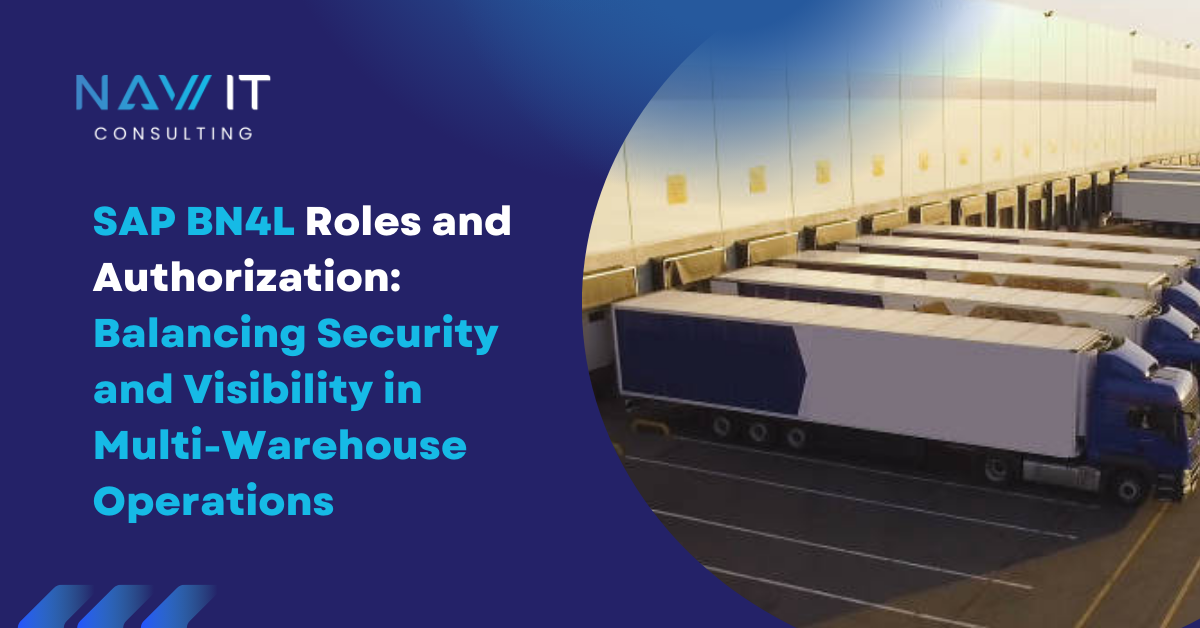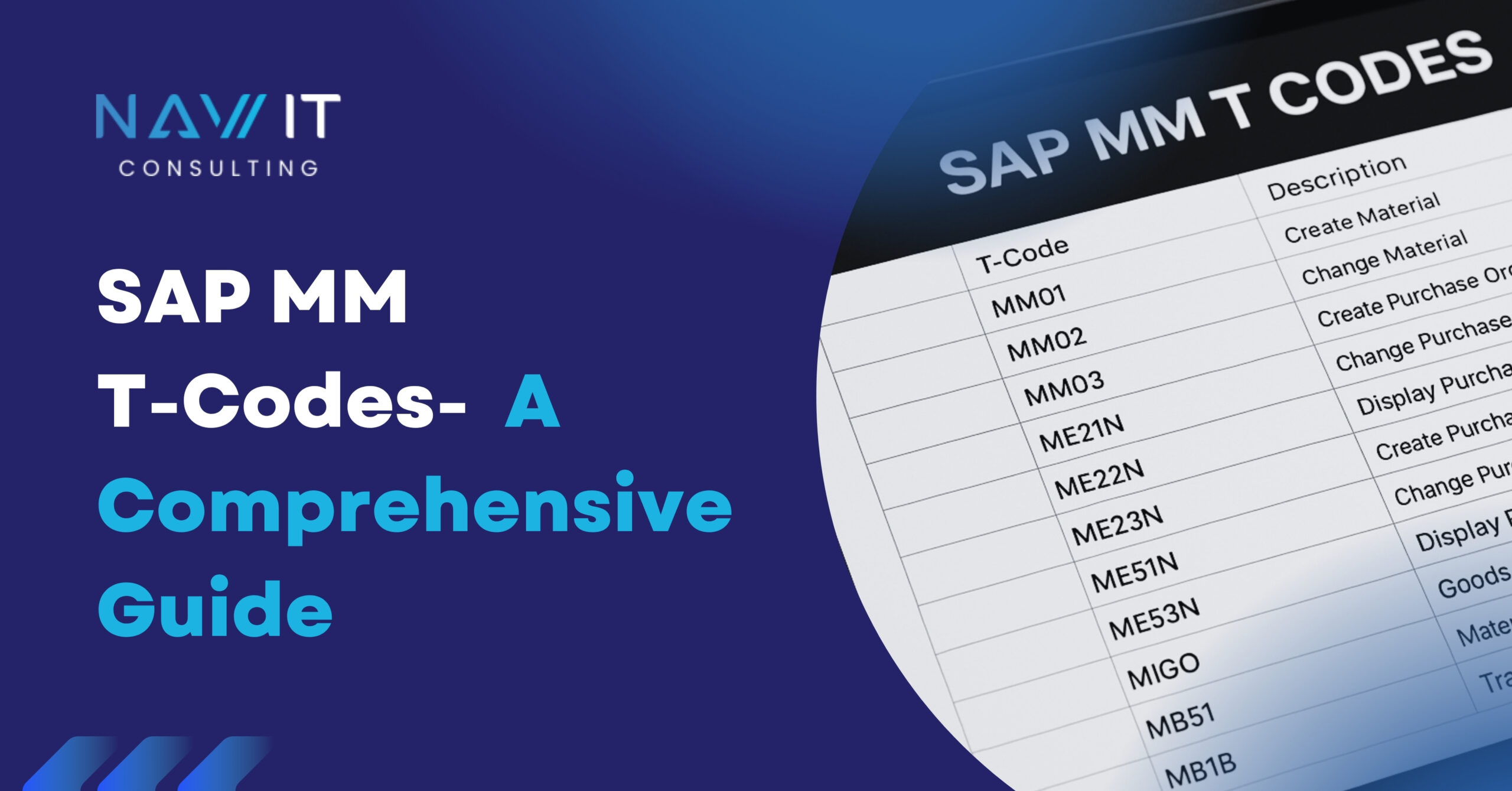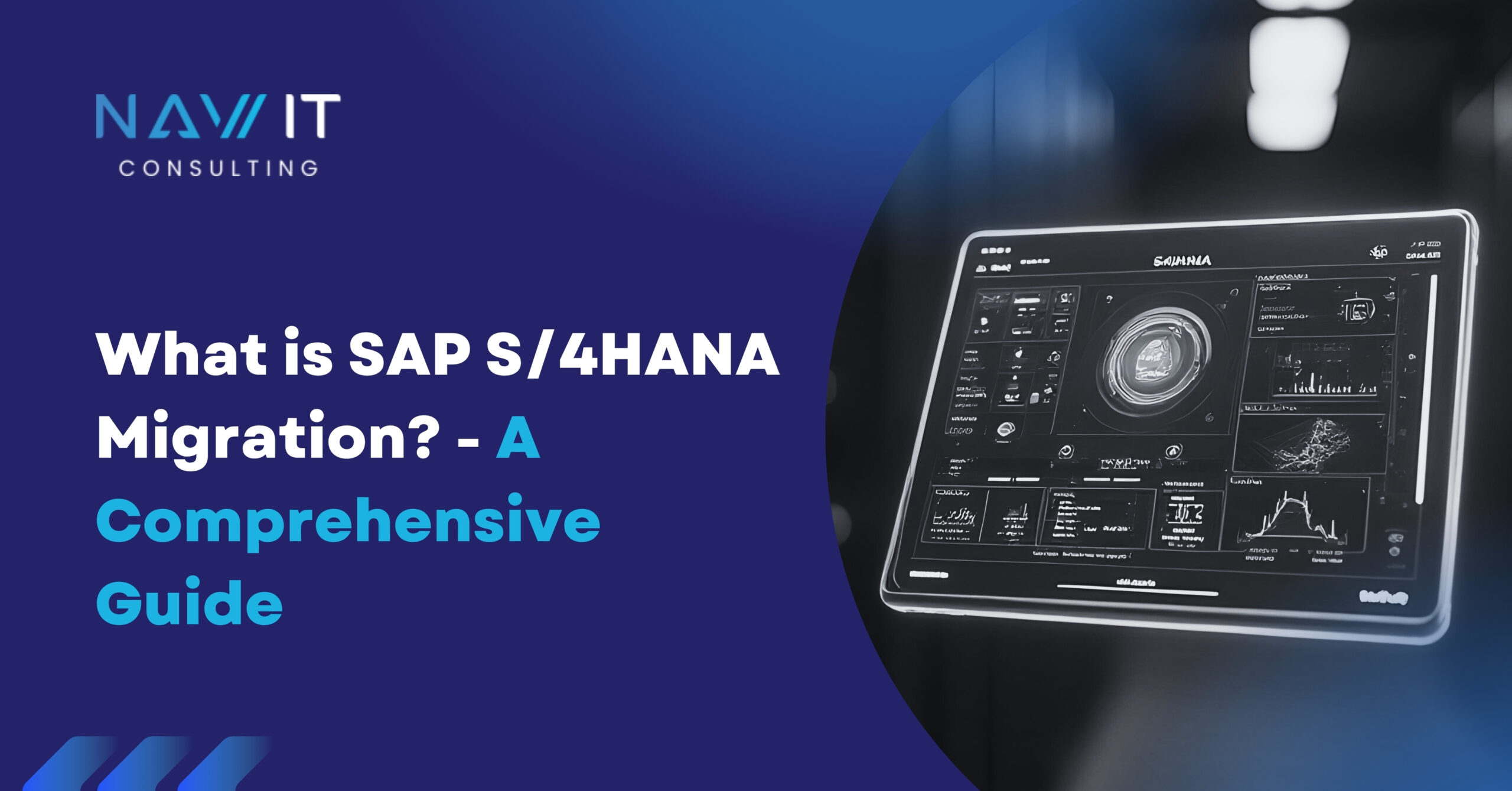Did you know that according to a recent study by McKinsey, organizations that have invested heavily in technology have seen an average revenue growth of 20% over the past five years? This trend is not surprising, as technology has become an essential tool for businesses to remain competitive. As per the report, organizations are increasingly relying on technological frameworks to scale their operations and maintain agility.
SAP Business Technology Platform (SAP BTP) has become an indispensable part of these strategies, offering an easy integration of various technological components that facilitate rapid business transformation. It enables businesses, Supply chain management companies, to manage data, develop applications, integrate various solutions, and use analytics to drive decision-making and innovation.
Join our LinkedIn Network for updates, tips, professional growth and many more:
What is SAP BTP?
SAP Business Technology Platform (SAP BTP) is a comprehensive platform that integrates data management, application development, and advanced technologies such as conversational AI, blockchain, and RPA (Robotic Process Automation) to help businesses innovate and adapt to changing market dynamics. It brings together SAP’s robust ERP systems, cloud capabilities, and partner ecosystems, offering businesses a unified environment to build, integrate, and extend applications across the SAP ecosystem and beyond.
SAP BTP serves as the foundation for intelligent enterprises, Supply chain management companies enabling companies to innovate at scale. Its modular approach allows businesses to pick and choose components based on their specific needs. Whether an organization wants to migrate to SAP S/4HANA or manage data more effectively, SAP BTP provides a flexible and scalable solution.
Key Components of SAP BTP
1. Data Management: Central to SAP Business Technology Platform, data management allows businesses to handle massive amounts of data efficiently. From real-time processing to advanced analytics, SAP BTP ensures that data is always accessible and actionable.
2. Application Development and Integration: SAP’s platform offers tools for building and extending applications with minimal coding, allowing for quick and efficient integration with both SAP systems and non-SAP solutions. The platform supports a wide range of programming languages and frameworks, making it easy for developers to create customized applications that fit their unique business requirements.
3. Analytics and Data Management: The platform’s analytics capabilities allow businesses to derive actionable insights from their data, helping drive informed decision-making. Whether through real-time dashboards or predictive analytics, SAP BTP makes it easier for businesses to understand and act on their data.
4. Conversational AI, Blockchain, and RPA: SAP BTP incorporates cutting-edge technologies like conversational AI, blockchain, and RPA to help businesses automate processes, improve customer engagement, and ensure data integrity. These technologies are crucial for companies looking to modernize their operations and enhance efficiency.
SAP Technology Definition
SAP’s platform as a service consists of various tools and solutions designed to help businesses manage their digital transformation. SAP technology includes everything from traditional ERP systems to modern cloud solutions, helping businesses of all sizes streamline operations, integrate processes, and manage data more effectively. SAP technology enables organizations to connect their end-to-end business processes, ensuring greater visibility and control over their operations.
The technologies offered by SAP Cloud Platform (SCP) and SAP BTP go beyond ERP systems, providing solutions for data management, application development and integration, and analytics.
What is SAP Technology?
SAP Technology refers to the suite of products and services offered by SAP that help businesses manage their operations, from ERP systems to cloud and on-premise solutions. SAP technology includes tools for data management, analytics, application development, and integration, allowing businesses to streamline processes, increase efficiency, and adapt to changing business needs.
For companies migrating to SAP S/4HANA, SAP’s technology stack plays a crucial role in ensuring a smooth transition. It provides the necessary tools for managing data, integrating legacy systems, and building custom applications that cater to specific business needs.
How SAP BTP Supports Hyperscale Landscapes
In hyperscale ldomains—environments where businesses need to manage vast amounts of data and rapidly scale operations—SAP Business Technology Platform (SAP BTP) proves invaluable. Its ability to handle large data sets, integrate multiple applications, and provide real-time analytics makes it ideal for companies operating at scale. By employing SAP’s platform, businesses can quickly adapt to market changes, innovate faster, and improve operational efficiency.
SAP BTP enables organizations to build a strong digital foundation that can support their growth in hyperscale environments. With its modular approach, businesses can choose the specific tools and services that best meet their needs, ensuring they have the flexibility to scale operations as needed.
Key Features for Hyperscale Landscapes:
- Scalability: SAP BTP is designed to scale smoothly, ensuring that businesses can manage increasing data loads without compromising performance.
- Integration: With support for both SAP systems and non-SAP solutions, SAP BTP ensures that businesses can integrate their existing systems and applications with new technologies.
- Data Management: Managing data efficiently is critical in hyperscale environments. SAP BTP offers robust tools for data storage, processing, and analytics, ensuring businesses can derive valuable insights from their data.
- Application Development: Businesses operating in hyperscale landscapes need to build and deploy applications quickly. SAP BTP offers a range of tools for developing and extending applications, allowing businesses to innovate at a faster pace.
Real-World Use Cases and Benefits of SAP BTP
Several industries are leveraging SAP Business Technology Platform to drive innovation and enhance operational efficiency. Whether it’s manufacturing, retail, finance, or healthcare, businesses across sectors are using SAP BTP to manage data, integrate applications, and build custom solutions that cater to their specific needs.
Manufacturing:
In the manufacturing industry, SAP BTP helps companies manage supply chains, optimize production processes, and enhance product quality. By integrating with SAP S/4HANA, manufacturers can leverage real-time data analytics to make informed decisions and ensure that production processes run smoothly.
Retail:
Retailers are using SAP BTP to streamline operations, manage customer data, and enhance the customer experience. By leveraging conversational AI and blockchain, retailers can improve customer engagement and ensure data security.
Finance:
Financial institutions are using SAP BTP to manage financial data, automate processes, and comply with regulatory requirements. The platform’s ability to integrate with both SAP systems and non-SAP solutions makes it easier for financial institutions to manage complex operations and adapt to changing regulatory environments.
Healthcare:
In the healthcare industry, SAP BTP is being used to manage patient data, streamline operations, and improve the quality of care. The platform’s robust data management capabilities allow healthcare providers to securely store and access patient data, ensuring that they can provide timely and accurate care.
SAP BTP and SAP S/4HANA Migrations
Migrating to SAP S/4HANA is a critical step for businesses looking to modernize their operations and improve efficiency. SAP BTP plays a key role in this migration process by providing the necessary tools for data management, application integration, and process automation.
Key Benefits of SAP S/4HANA Migrations with SAP BTP:
- Data Integration: SAP BTP ensures that businesses can integrate their existing systems and data with SAP S/4HANA, reducing the complexity of migration.
- Scalability: Businesses can scale their operations seamlessly during and after the migration process, ensuring that they can handle increased data loads and process demands.
- Application Development: SAP BTP allows businesses to develop custom applications that extend the functionality of SAP S/4HANA, ensuring that they can tailor the system to meet their specific needs.
SAP BTP Security and Compliance
Security and compliance are crucial for any business dealing with sensitive data. SAP Business Technology Platform (SAP BTP) provides comprehensive security features to protect both on-premise and cloud environments. These include encryption, identity management, and access controls. With global regulatory standards such as GDPR in mind, SAP’s platform ensures that businesses meet compliance requirements while maintaining data integrity. SAP Cloud Platform also offers auditing and monitoring tools, allowing businesses to track data access and ensure ongoing compliance with industry standards.
Join our LinkedIn Network for updates, tips, professional growth and many more:
The Role of SAP BTP in Sustainability
In line with global sustainability goals, SAP BTP offers a variety of tools that help businesses monitor and reduce their environmental impact. Through advanced analytics and data management, organizations can track energy usage, waste, and emissions across their operations. SAP’s cloud-native solutions allow for the real-time monitoring of sustainability metrics, enabling businesses to optimize processes and make environmentally conscious decisions. By leveraging SAP systems, companies can align with sustainability regulations while promoting a greener future.
Future Trends in SAP BTP
As businesses continue to embrace digital transformation, SAP Business Technology Platform (SAP BTP) is expected to play an even more prominent role in helping organizations manage their operations, innovate, and scale. The platform’s modular approach and integration capabilities make it a valuable tool for businesses looking to stay competitive in a rapidly changing market.
Emerging Technologies:
- AI and Machine Learning: SAP BTP is expected to integrate more advanced AI and machine learning tools, allowing Supply chain management companies and businesses to automate processes, improve decision-making, and enhance customer engagement.
- IoT Integration: As the Internet of Things (IoT) continues to grow, SAP BTP will play a crucial role in integrating IoT data with business processes, helping organizations leverage real-time insights to optimize operations.
- Edge Computing: Businesses will increasingly rely on edge computing to process data closer to the source, and SAP BTP will provide the necessary tools for managing and analyzing this data in real-time.
Conclusion
SAP Business Technology Platform (SAP BTP) is a powerful tool for businesses looking to build a strong digital foundation and scale their operations in hyperscale environments. With its robust data management, application development, and integration capabilities, SAP BTP enables businesses to innovate at scale, improve efficiency, and adapt to changing market dynamics.
Whether you’re managing massive data loads, integrating SAP systems and non-SAP solutions, or leveraging cutting-edge technologies like conversational AI and blockchain, SAP’s platform as a service provides the flexibility, scalability, and power needed to drive digital transformation. As an SAP Global Strategic Service Partner (GSSP), SAP continues to evolve its offerings, ensuring that Supply chain management companies have the tools they need to succeed in the digital age.
FAQs About SAP Business Technology Platform (BTP)
1. What services does NAV-IT offer in terms of SAP Business Technology Platform (BTP)?
NAV-IT provides comprehensive services for SAP Business Technology Platform (SAP BTP), including data management, application development and integration, and advanced technologies like conversational AI, blockchain, and RPA. These services help businesses optimize their operations, improve decision-making, and drive innovation.
2. How does NAV-IT support SAP S/4HANA migrations?
NAV-IT offers seamless SAP S/4HANA migrations by leveraging SAP BTP to ensure minimal disruption during the migration process. With its expertise, NAV-IT helps businesses integrate new applications, handle non-SAP solutions, and manage analytics and data management with ease.
3. What industries benefit from NAV-IT’s SAP solutions?
NAV-IT’s SAP ecosystem services cater to a wide range of industries including retail, manufacturing, logistics, and more. By leveraging the capabilities of SAP BTP and SAP Cloud Platform (SCP), NAV-IT helps organizations streamline their processes and optimize their technology landscapes.
4. How does NAV-IT ensure security and compliance with SAP BTP?
NAV-IT ensures that businesses using SAP BTP meet global security and compliance standards. Through identity management, encryption, and access control mechanisms, NAV-IT helps organizations safeguard their data and maintain compliance with regulations such as GDPR.
5. Why choose NAV-IT as a partner for SAP solutions?
NAV-IT is a recognized SAP Global Strategic Service Partner (GSSP), providing expert guidance in SAP systems. Their extensive knowledge of SAP’s platform as a service allows them to offer customized solutions that align with the specific needs of each business, ensuring efficiency and innovation.
